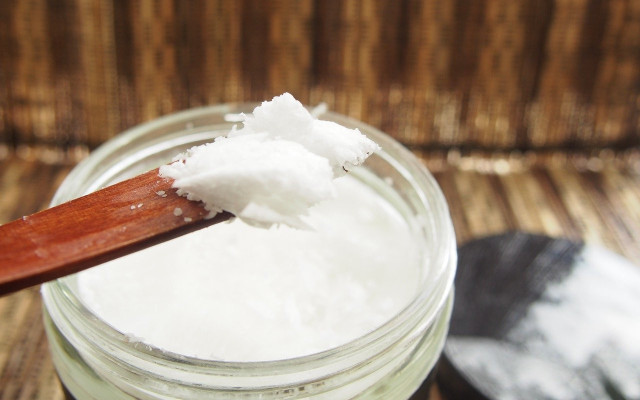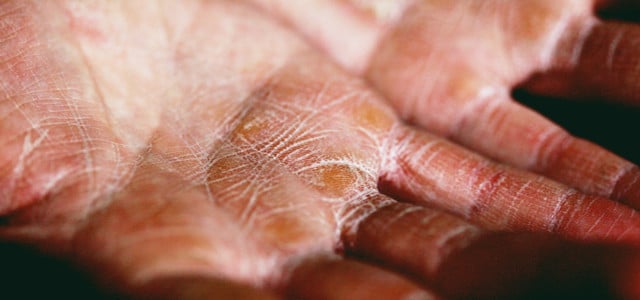Dry skin on the hands affects many people, especially in winter. The combination of cold air outside and warm air indoors can irritate our skin and cause chapped hands. Find out how to get soft hands with easy, natural methods, even in winter.
Chapped hands are common in winter. The combination of dry heating air, the cold, and frequent hand washing puts additional strain on sensitive skin. The cold reduces our skin’s ability to produce enough natural oils. Frequent hand washing damages the natural protective layer of the skin — and we end up with dry skin on our hands.
How To Avoid Dry Hands in Winter

Dry skin on hands can easily be treated with moisturizers or natural remedies. But these tips will show you how to get soft hands without having to use unsustainable or expensive products:
- In winter, we tend to wash our hands more often to protect ourselves from pathogens. This puts a strain on the skin’s natural protective barrier. Therefore, it is better to use pH-neutral soap and cold or lukewarm water instead of hot water to clean your hands. If needed, you can also use homemade hand sanitizer.
- To prevent chapped hands, wear thick gloves in winter. This doesn’t just stop your hands from getting cold but also allows your skin’s glands to work normally and supply your hands with moisture.
- Drink plenty to ensure you get enough liquid from the inside, too.
- In acute cases, you can use one or more of the natural remedies listed below.
Home Remedies for Severe Dry-Cracked Hands



In the worst cases, our hands dry out so much that fine cracks form. If the protective layer of the skin is severely damaged, bacteria and viruses can penetrate the skin. However, lots of natural products can nourish your dry hands and help them to survive the winter season.
Dry skin remedies should reinforce the protective layer of our skin. They should also provide sufficient moisture and lipids to keep skin soft and supple.
Natural Methods That Help With Chapped Hands
- Coconut oil allows chapped hands to heal. Since the oil is rich in important fatty acids, you can use it to treat dry skin on your hands several times a day. To do this, take two fingertips of the oil, wait briefly until it melts, then rub it into your skin for ten minutes. Be sure to purchase organic products.
- Combine 50ml of organic almond oil (available on Amazon**) with the juice of half a lemon and massage them into your skin well. Almond oil contains important fatty acids, numerous vitamins (vitamin A, vitamin B, and vitamin E), and minerals that help moisturize dry hands and make the skin elastic. This will help you get soft hands.
- Olive oil stimulates the regeneration of cells, and because it is rich in antioxidants, it helps with cell damage. The oil also provides a lot of moisture and helps with dry skin on the hands. Put some olive oil in a hand bath or warm the oil and massage it into your hands thoroughly. You can also use olive oil for your hair!
- Aloe vera is a great natural skin care product (available on Amazon**). It is especially moisturizing and can be used for many skin problems. Use the gel directly from the plant or use a product with as few additives as possible. After about 15 minutes, rinse the gel off your hand again.
- Avocado isn’t just good for tasty guacamole! It contains unsaturated fatty acids and many important vitamins (A, C, E). It can accelerate the regeneration of cells and protect the skin from environmental influences. Mix the flesh of half an avocado and a teaspoon of olive oil into a paste. You can then apply this to your hands and leave it to work for about 15 minutes. Please keep in mind, however, that avocados have a large ecological footprint due to their huge water requirements, long transport routes, and expensive cooling. Instead, you can use avocado oil — or plant an avocado seed and grow your own avocado tree.
Important Information regarding Health-related Topics.
** Links to retailers marked with ** or underlined orange are partially partner links: If you buy here, you actively support Utopia.org, because we will receive a small part of the sales proceeds. More info.Do you like this post?






